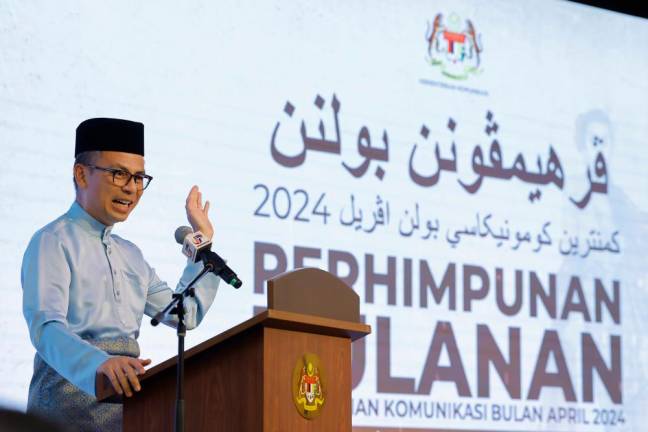PETALING JAYA: The implementation of the IAS 23 Borrowing Costs is only a timing difference in recognising the borrowing costs and will have no impact on cash flows of property developers, according to AmInvestment Bank which maintained a neutral call on the property sector.
Although initial rough estimates suggested the new approach will reduce the FY20–FY21 bottom line by between 10% and 20%, the research house is not making changes to its earnings forecasts at this juncture pending further information from property developers.
“Thus we are keeping our valuations unchanged no matter how much revision to be made into our earnings forecasts in the future,“ it said.
It added that developers are still assessing the effect on the change in accounting policy, therefore it is still early to determine the real impact to earnings.
On March 20, 2019, the IFRS Interpretations Committee issued an Agenda Decision – Over Time Transfer of Constructed Good (IAS 23 Borrowing Costs).
Following the agenda decision, the Malaysian Accounting Standards Board has decided that an entity shall apply the change in its accounting policy as a result of the Agenda Decision on IAS 23 Borrowing Costs to financial statements of annual periods beginning on or after July 1, 2020.
IAS 23 states that borrowing costs directly attributable to the acquisition, construction or production of a “qualifying asset” (one that necessarily takes a substantial period of time to get ready for its intended use or sale) are included in the cost of the asset. Other borrowing costs are recognised as an expense.
When a project is ready for sale, borrowing costs which have been previously capitalised subsequent to the launch will need to be unwound and recognised as expenses in the income statement including the borrowing costs previously capitalised unsold units classified under inventories.









